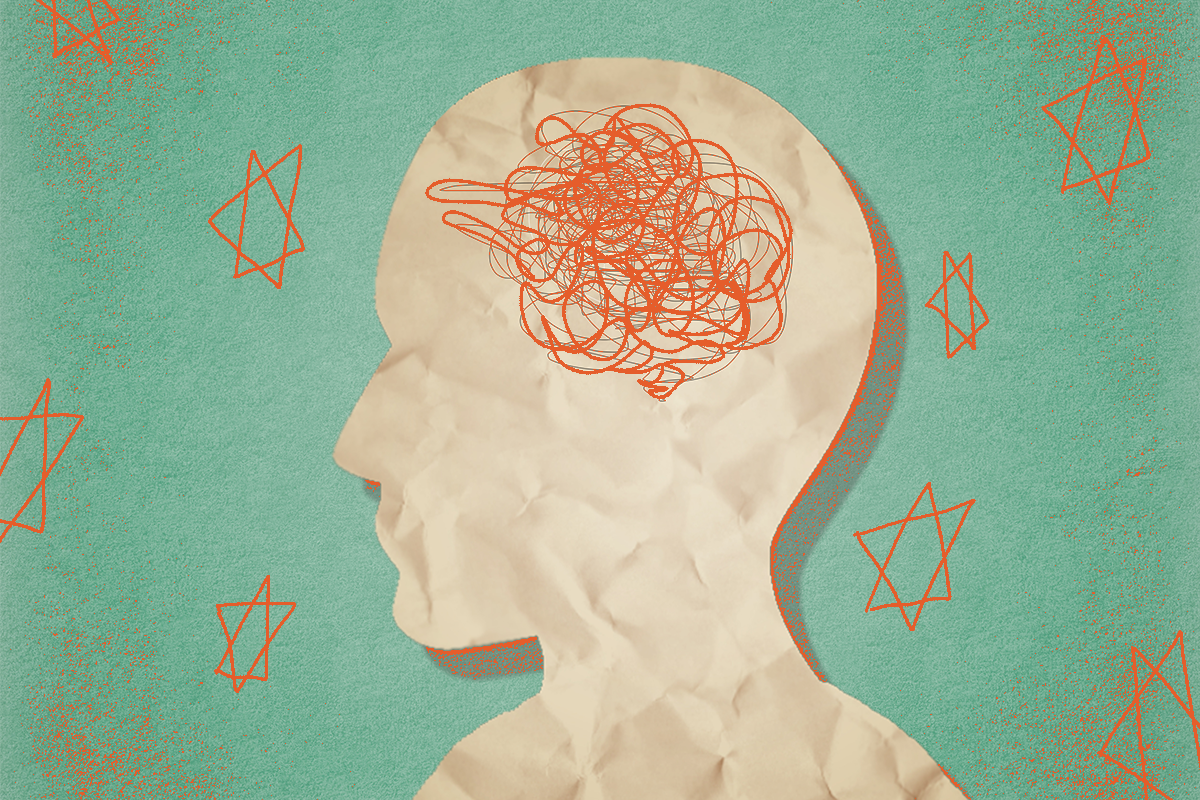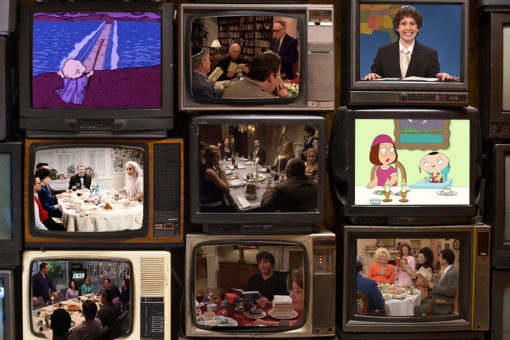“You’re disabled,” my psychiatrist said. I just stared at her, mouth agape. In case I hadn’t totally understood what she’d said, she reiterated: “You have a disability.”
I’d had my bipolar diagnosis for years, but it had never occurred to me that I was disabled. The label didn’t seem appropriate. I grew up with a disabled mother; my difficulties never seemed to compare to hers.
My mother suffered a traumatic brain injury when I was 2 years old. My earliest memories of her are in a wheelchair, and later with a cane. Sometimes her whole body shook so violently she couldn’t hold my younger sister and me. For a very long time, she wasn’t capable of working, or even being fully present as a mother. There were good days, but the bad outweighed the good.
As a kid, this how I understood disability: as an experience of immense and constant difficulty. Something in your face, obvious to all, and which could not be ignored or denied. My bipolar, meanwhile, was usually more subtle. On a normal, well-medicated day, most people couldn’t guess my potential for dysfunction. This was a major reason the disability label never crossed my mind.
Another was that I had always thought of disability as something constant — if you had more good days than bad, then it didn’t count, either. I thought I functioned well in general, so it didn’t occur to me that I could be disabled. What I failed to consider was how much work the good days were, how the easiest good days could actually be symptomatic of my bipolar highs, and how even a brief dip in functioning could totally derail my life.
And my life has been derailed by bipolar. My psychiatrist outlined the obvious to me: I couldn’t handle a “normal” workload, so it would take me much longer to graduate from university than usual. Whether or not I would be able to hold a full-time job in the future was an open question.
The ethics of her declaring this to me were iffy, as were the ethics of her telling me I was disabled altogether. While disability is defined by governments, it is also usually up to individuals whether or not they experience themselves as disabled and want to use that label. But I think someone had to say it. After all, she wasn’t off-base; I had to take my second medical leave from university shortly after that. In other words, I dropped out.
I’ve struggled to accept myself since then. The fact that my disability is invisible means that some people — including people very close to me – don’t take it seriously. I’ve been told by people who care for me that I’m simply lazy when it’s difficult for me to function, or that I’m self-sabotaging. I’ve been discouraged from seeking disability benefits from the government, even though I qualify for them, I suspect because people think I don’t deserve them. These attitudes are so ubiquitous that it’s hard not to internalize them; I feel overwhelming guilt and shame asking for help when I need it because I don’t even know if I deserve it.
Thankfully, Judaism offers a different perspective.
I was struggling through a depressive episode recently, too embarrassed to ask professors for extensions I needed, when I wondered what the Jewish point of view on my situation might be. I came across one of the most famous verses in the Torah — a verse I had been taught as a child, but had never really given much thought to. This verse was Leviticus 19:14, which states, “You shall not insult the deaf, or place a stumbling block before the blind.”
Some Jewish commentators interpreted this figuratively; Rashi, perhaps the best-known Jewish commentator on the Torah, said that not placing a stumbling block before the blind simply meant that one should not give out bad advice. But others, such as Ibn Ezra and Sforno, took this verse literally. Specifically regarding insulting the deaf, Sforno stated that, “one must not cause distress to one’s fellow man by undermining his dignity, his self-image and the image he enjoys among his peers.” Essentially, don’t be ableist!
I tend to agree with Ibn Ezra’s and Sforno’s interpretations. Leviticus 19:14 is Judaism’s very literal call for inclusivity and accessibility. In other words, tradition tells me that when I need extra help to function, it’s OK to ask for accommodations. I’m not cheating the system; I’m just asking people to remove my stumbling blocks. When people around me question that I need extra support, remembering my doctor’s words isn’t enough. So I’m incredibly grateful that I can turn to my heritage for support, and to this millennia-old tradition for validation. I’m grateful that I can turn to the Torah for acceptance, and I hope more people internalize the Torah’s words.



